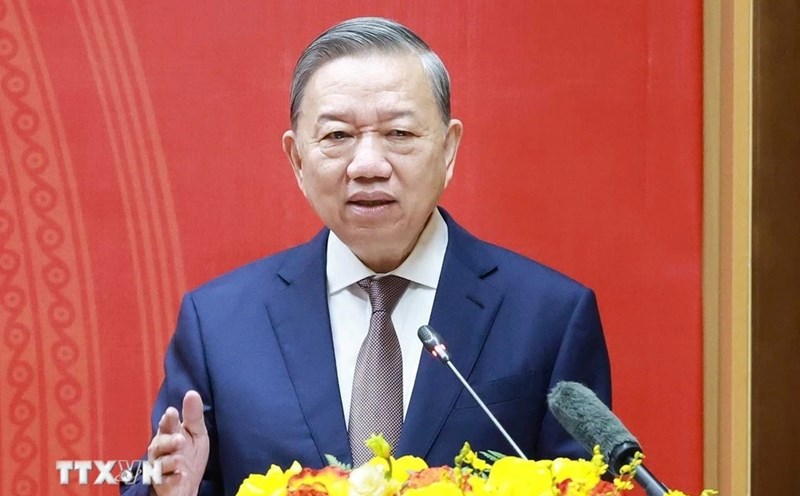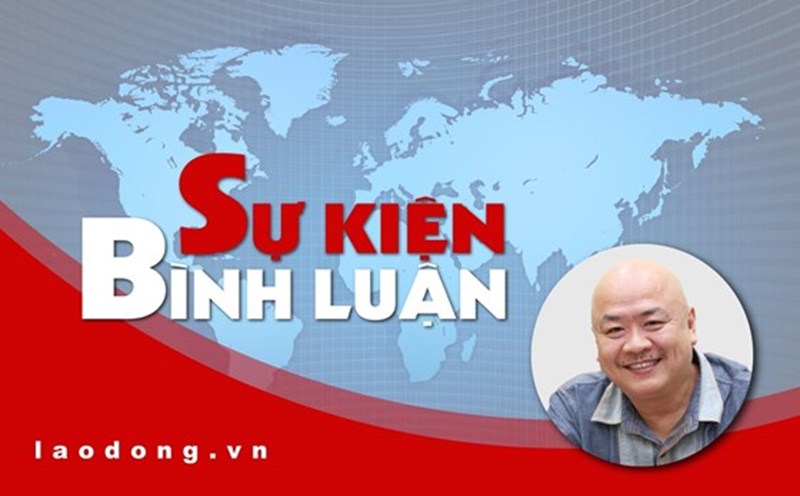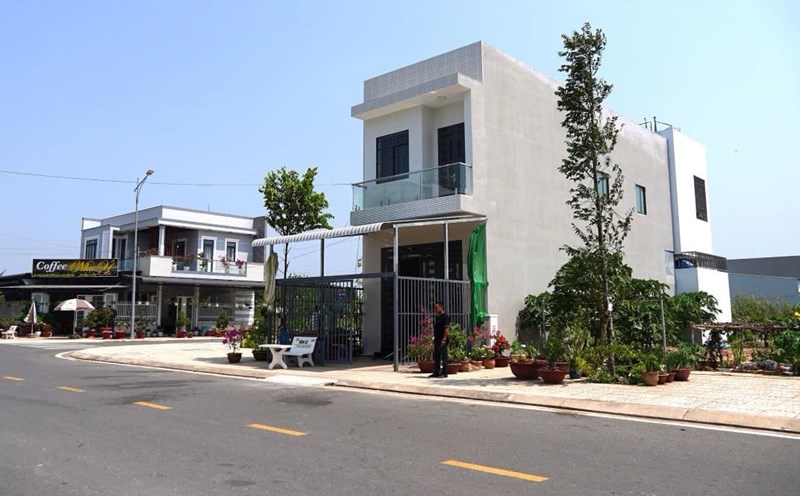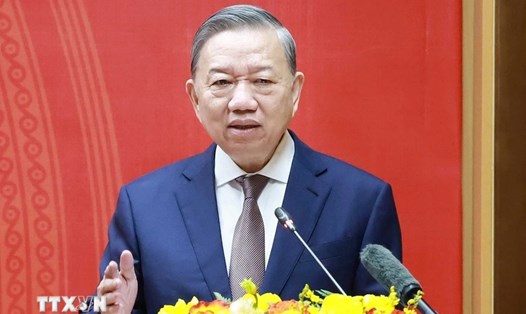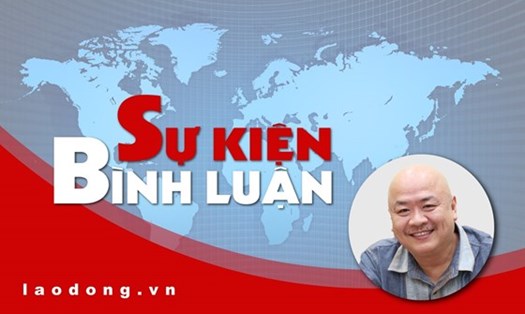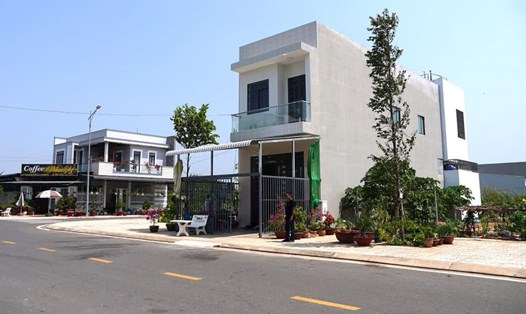This afternoon (February 24th) in Hanoi, General Secretary To Lam chaired a working session with the Central Committee for Policy and Strategy on the Committee's tasks in the coming time.
Also attending were Politburo member, Director of the Ho Chi Minh National Academy of Politics, Chairman of the Central Theoretical Council Nguyen Xuan Thang; Secretary of the Party Central Committee, Chief of the Party Central Committee Office Le Hoai Trung; Secretary of the Party Central Committee, Head of the Central Policy and Strategy Commission Tran Luu Quang.
At the meeting, economic experts and leaders of central ministries and branches discussed solutions to help the economy achieve the growth target of 8% or more this year, striving for a double-digit growth rate in the coming time.
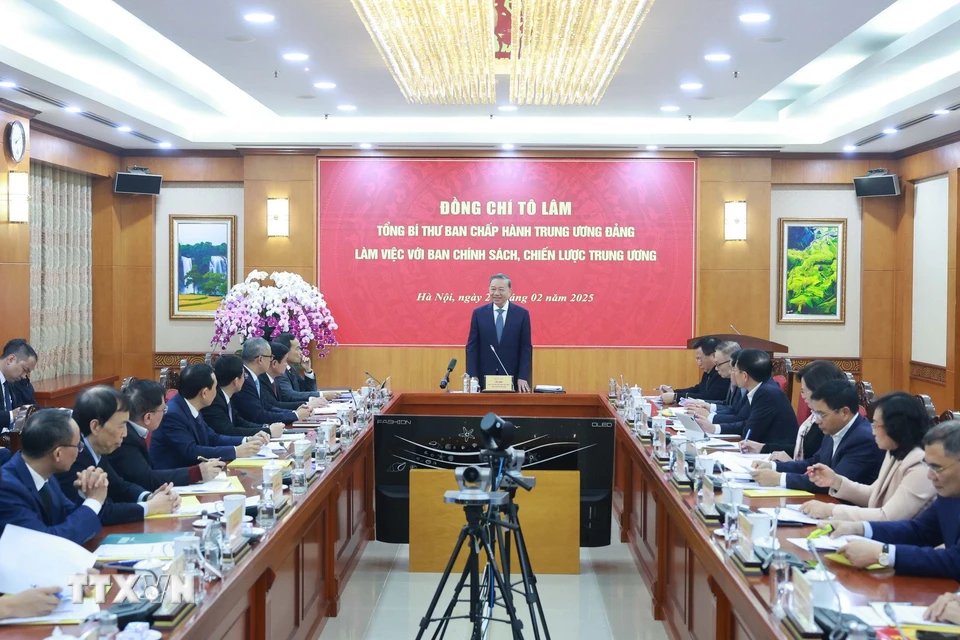
Creating a "Tax-free Port" model to turn Vietnam into a major logistics center
According to VNA, speaking at the meeting, the General Secretary suggested a number of specific contents for the Central Policy and Strategy Committee and ministries, branches, and economic experts to continue researching; emphasizing the promotion of economic development from both supply and demand, promoting the removal of barriers, bottlenecks, and "bottlenecks" for economic development, especially paying attention to the private economy.
General Secretary To Lam emphasized that for socio-economic development, the most important thing is how to mobilize all people to participate in labor to create material wealth.
Promoting reform from the supply side, the General Secretary said that it is necessary to continue institutional reform, improve the business environment, and require the investment and business environment to strive to reduce at least 30% of the time for handling administrative procedures; at least 30% of business costs, especially customs, costs for compliance with regulations, unofficial costs, and eliminate at least 30% of unnecessary business conditions; strive to have Vietnam's investment environment in the Top 3 of ASEAN within 2-3 years.
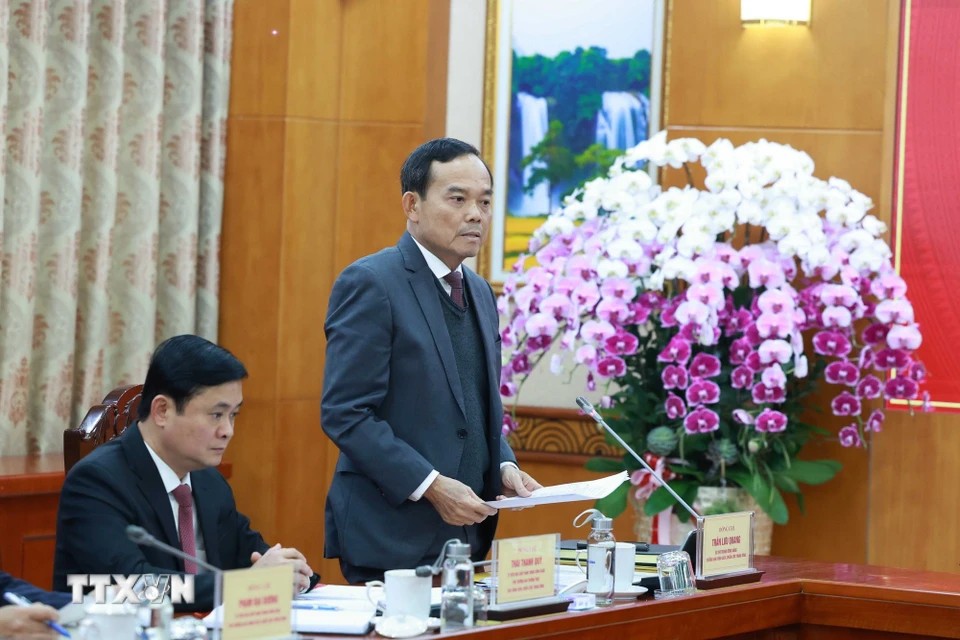
The General Secretary suggested the need to boldly apply a specialized legal framework. Currently, the Vietnamese legal system still has many points that do not keep up with the development speed of the digital economy, innovation and international integration.
Especially financial technology, artificial intelligence (AI), platform economy, e-commerce and special economic zones; proposing a controlled testing legal framework for new technology industries; proposing a separate legal framework for special economic zones and technology: special preferential tax mechanisms; special mechanisms in resolving trade disputes in special zones.
Land and real estate policies need to accelerate real estate transactions, attracting capital into the market. Promote urban areas as a national growth driver with solutions such as: Completing a high-quality and synchronous infrastructure system for urban areas; building a national digital map system on planning and land prices; establishing a "National Housing Fund" to develop affordable housing in large cities.
Apply open financial policies for international financial center models; create a "Tax-free Port" model to turn Vietnam into a major logistics center; apply a "National One-Stop Investment Portal" to support foreign investors to quickly enter Vietnam; promote the development of science - technology and innovation; thoroughly handle air pollution in Hanoi and Ho Chi Minh City...
The General Secretary also emphasized the need to continue perfecting the system of state apparatus organization, including the mechanism of decentralization and delegation of power. Strengthen decentralization and delegation of authority to localities. In addition, it is necessary to pay attention to policies to respond to population aging.
Don't miss opportunities with new financial forms
Promoting economic growth on the demand side, the General Secretary noted, increasing investment: Increasing the Government's investment in the country's strategic and foundational infrastructure system, both in terms of quantity, quality and synchronization; promoting private investment through creating a favorable, transparent, safe, low-cost investment environment, easy access to credit capital. Promoting domestic consumption, only when domestic consumption is promoted can it help create sustainable GDP growth; increase net exports.
To boost exports of processed agricultural, forestry and fishery products, which have a high added value ratio and therefore contribute effectively to GDP growth, the General Secretary said that it is necessary to: Develop an agricultural economy instead of pure agricultural production; industrialize agriculture; adjustment of land use policies to facilitate land accumulation; encourage piloting new forms of cooperation in agriculture.
Regarding some specific measures to promote growth from the demand side, the General Secretary pointed out that it is necessary to implement an expanded fiscal policy; flexible monetary policy, cautious monetary easing...
Regarding digital currency management, the General Secretary emphasized that there should be no delays, no opportunities, no gaps or gaps with new financial forms as well as modern trading methods.

